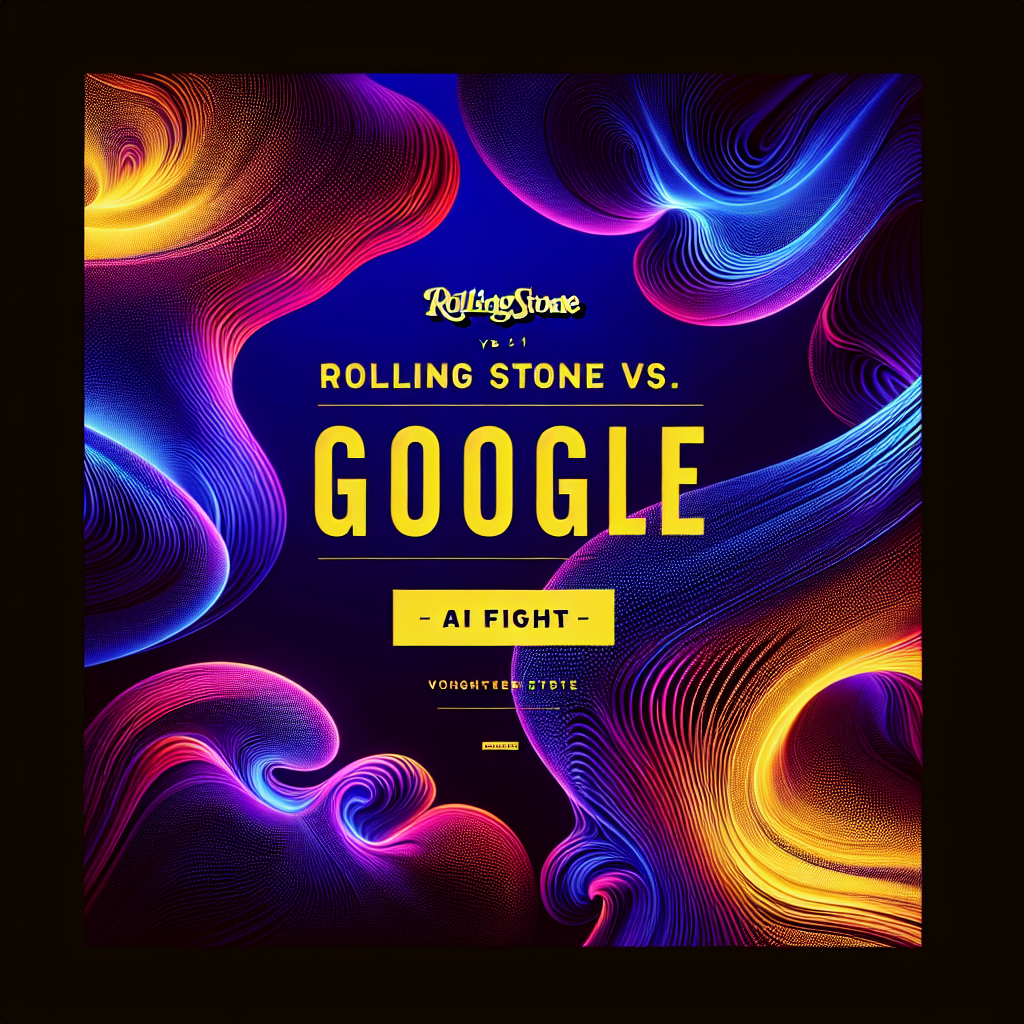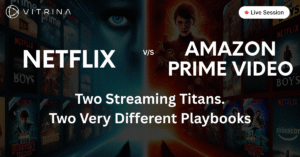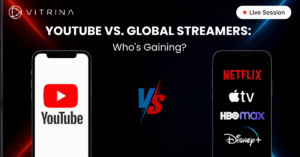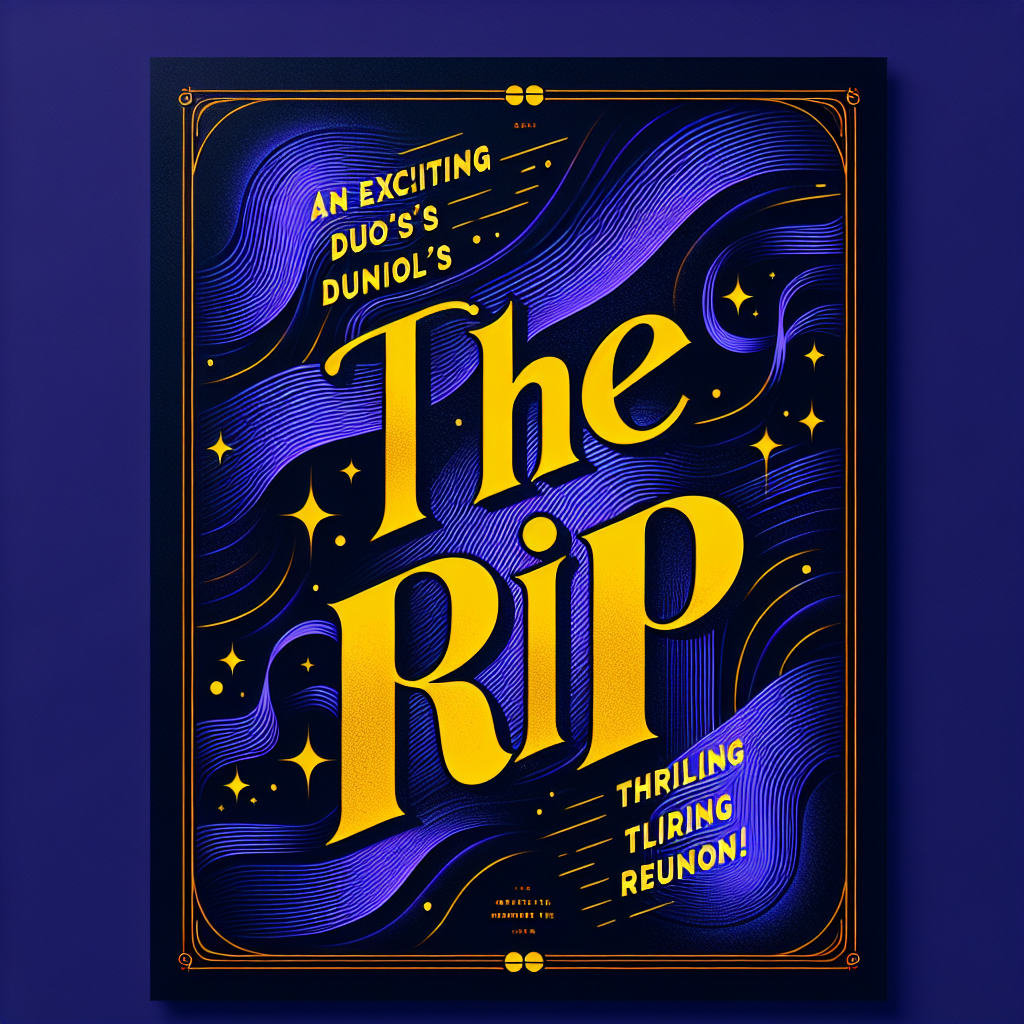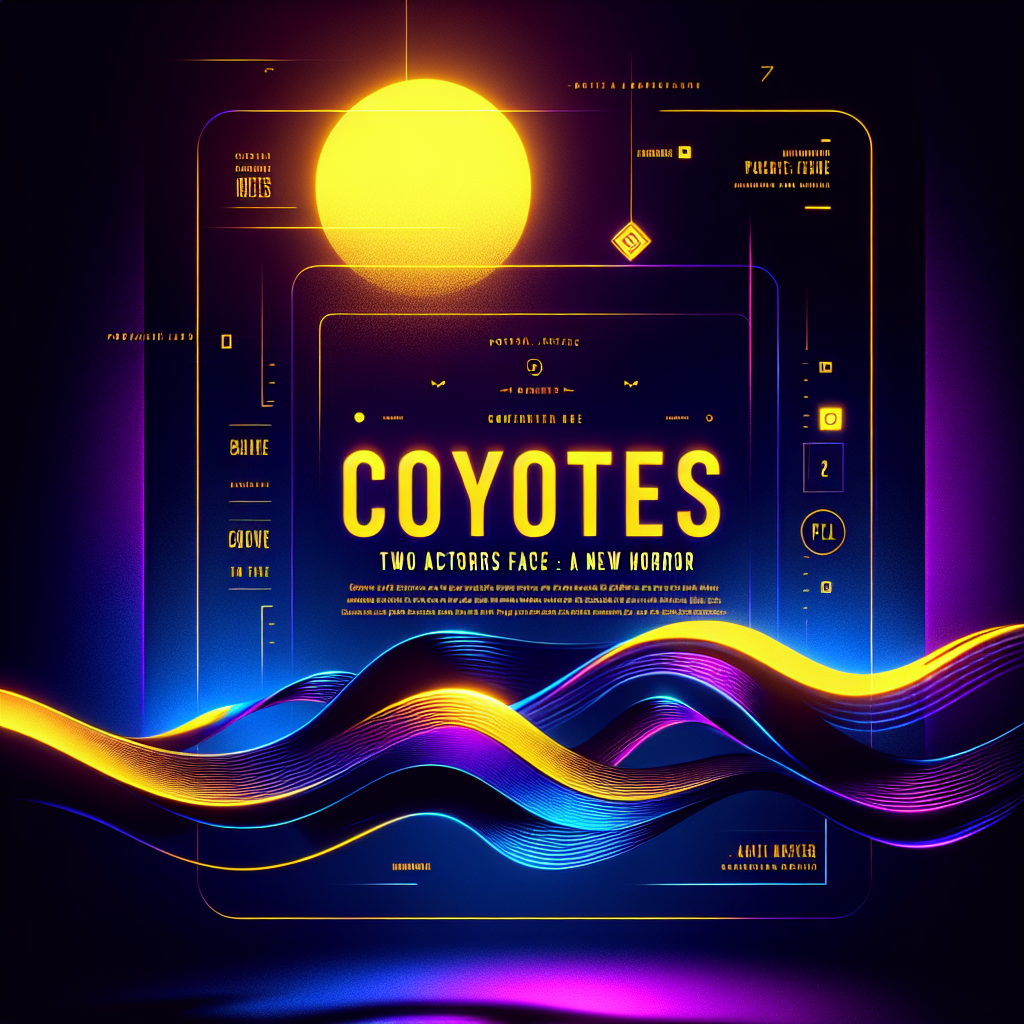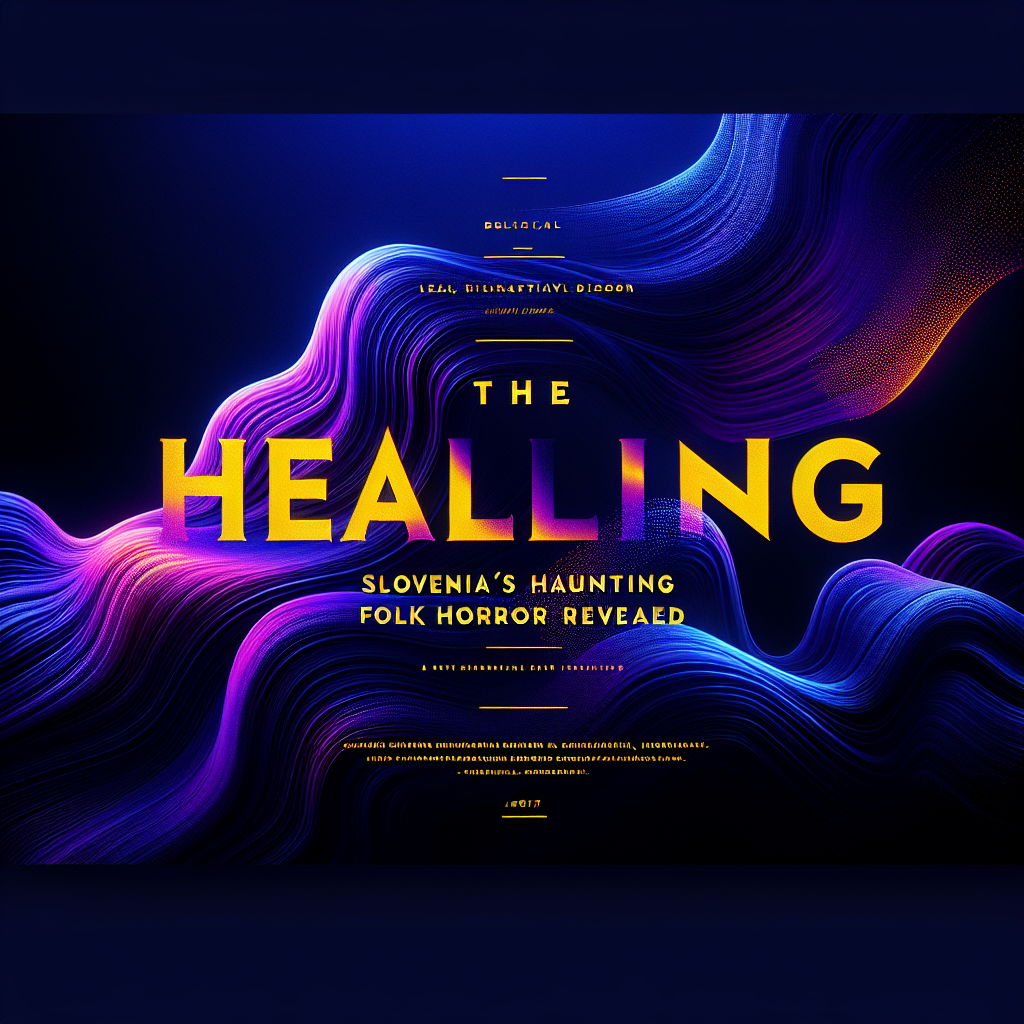Google is facing a new lawsuit accusing the company of illegally using news publishers’ content to create AI summaries that damage their business.
The lawsuit comes from Penske Media Corporation (PMC), which owns industry publications such as Rolling Stone, Billboard, Variety, Hollywood Reporter, Deadline, Vibe, and Artforum. While Penske’s suit is the first to target Google and its parent company Alphabet over showing AI-generated summaries in search, both publishers and authors have sued other AI companies over related copyright concerns. Google is also facing an antitrust complaint over AI Overviews in Europe.
Penske Media CEO Jay Penske said in a statement that as a leading global publisher, they have a duty to protect PMC’s best-in-class journalists and award-winning journalism as a source of truth. He added that they have a responsibility to proactively fight for the future of digital media and preserve its integrity, all of which is threatened by Google’s current actions.
Since launching its AI Overviews last year, Google has been criticized for threatening the business models of the same publishers it relies on to provide the content needed to create accurate AI summaries and answers.
The new lawsuit goes farther by accusing Google of continuing to wield its monopoly to coerce PMC into permitting Google to republish PMC’s content in AI Overviews and to use that content to train its AI models.
Google spokesperson José Castañeda said in a statement that AI Overviews make Google search “more helpful” and create “new opportunities for content to be discovered.”
Castañeda stated that every day, Google sends billions of clicks to sites across the web, and AI Overviews send traffic to a greater diversity of sites, and that they will defend against these meritless claims.
The lawsuit argues that while Penske Media allows Google to crawl its websites in an “exchange of access for traffic” that is “the fundamental bargain that supports the production of content for the open commercial Web,” Google has recently “begun to tie its participation in this bargain to another transaction to which PMC and other publishers do not willingly consent.”
The lawsuit claims that as a condition of indexing publisher content for search, Google now requires publishers to also supply that content for other uses that cannibalize or preempt search referrals, adding that the only way for Penske to opt out would be to remove itself from Google search entirely, which would be devastating.
The lawsuit also claims that Penske has seen significant declines in clicks from Google searches since Google started rolling out AI Overviews. That means less ad revenue for the publisher, and it also threatens subscription and affiliate revenue, the company says, stating that these revenue streams rely on people actually visiting PMC sites.
The lawsuit says that while Google has pushed back against complaints that AI Overviews reduce traffic to publishers, Google has offered no credible competing information regarding search referral traffic.
Penske’s suit comes after Google seemingly dodged an antitrust bullet; while a federal judge had ruled the company acted illegally to maintain a monopoly in online search, the judge did not order the company to break up its businesses (for example by selling Chrome), due in part to an increasing competition in AI.
Persons: Jay Penske, José Castañeda
Company Names: Google, Penske Media Corporation, Alphabet, Rolling Stone, Billboard, Variety, Hollywood Reporter, Deadline, Vibe, Artforum
Disclaimer: This article has been auto-generated from a syndicated RSS feed and has not been edited by Vitrina staff. It is provided solely for informational purposes on a non-commercial basis.
























